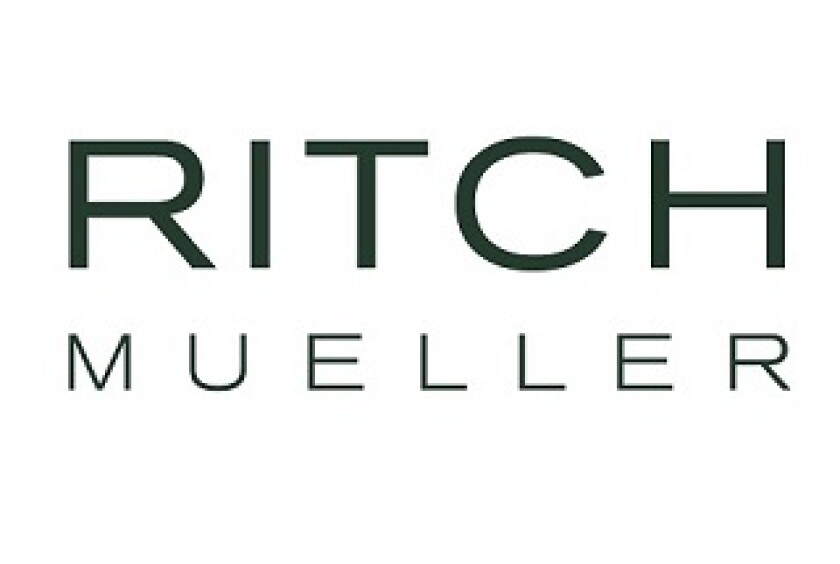
These regimes follow policies to attract investment (ie zero, or significantly reduced, income tax rates) that allow taxpayers to shift/shelter profits in such jurisdictions and erode tax bases in detriment of other jurisdictions. To counter such practices, Mexico and many other OECD countries have enforced various anti-avoidance rules under their own legislations.
PTR rules were included in the Mexican Income Tax Law as of 1997. When conceived, the Mexican PTR rules focused on blacklisting certain jurisdictions considered to be tax havens; if the jurisdiction was not listed, the PTR rules would not be applicable. Still, there were jurisdictions that, even when not listed, allowed taxpayers to devise tax evasive practices. Therefore, in 2008, the approach followed by Mexican regulators focused on avoiding the use of PTR by establishing an effective tax rate criteria, rather than simply blacklisting specific jurisdictions.
As of today, PTR rules generally seek to levy income derived by Mexican residents through foreign entities or legal vehicles in which they participate, directly or indirectly, prior to such Mexican residents effectively obtaining the income. This mainly aims to avoid indefinite tax deferrals being achieved by delaying the repatriation of capital into Mexico.
To achieve this, the Mexican Income Tax Law establishes that income obtained through foreign entities or vehicles in which Mexican residents participate, directly or indirectly, is considered to be derived from a preferential tax regime – and therefore taxed according to the PTR rules – if such income is: (i) exempt from tax; (ii) subject to income tax that is 75% lower than the tax that would have been paid if the company obtaining the income was a Mexican resident for tax purposes (ie lower than 22.5%); or (iii) earned through foreign legal vehicles or entities that are tax transparent abroad.
If a taxpayer lacks effective control over the foreign entities or vehicles (or over their administration) to an extent that would allow them to decide the timing of distributions of income, profits or dividends obtained by such entities or vehicles (either directly or by a third party), the aforementioned provisions are not applicable. In such cases, the taxpayer should pay the tax attributable to such income at the moment in which the foreign vehicle effectively makes the distribution to the Mexican shareholder in terms of its corresponding tax regime.
These rules may also have an impact on, for instance, Mexican source payments made to foreign legal entities, entities that are considered tax transparent, or to any other legal figures created or incorporated under foreign law that are subject to a PTR, in which case the applicable withholding rate would be 40%, to be reduced only to the extent that a tax treaty executed by Mexico so permits (some exceptions may apply).
We want to draw particular attention to the impact that PTR rules have on the tax treatment applicable to foreign residents deriving capital gains income from the sale of shares under Mexican tax law, and in particular, the treatment for US residents.
In general, income derived by foreign residents from the sale of shares issued by Mexican residents, or shares that derive their value, directly or indirectly, from immovable property located in Mexico, are subject to tax at a 25% rate on the gross income. Alternatively, taxpayers may apply a 35% rate to the net gain obtained upon the transfer to the extent that certain requirements are met, amongst which is that the income derived by the seller must not be subject to PTR regulations.
Following the United States Tax Cuts and Jobs Act, corporate income tax in the United States (US) was reduced from 35% to 21%, which implies that income derived through US entities or vehicles should, in principle, be subject to PTR regulations. For this reason, taxpayers expressed great concern considering that this effectively implies that the 35% net gain alternative applicable upon a transfer of shares that is levied under Mexican legislation would not be available.
The Tax Administration Service (Servicio de Administración Tributaria) issued a fairly simple PTR FAQ guidance letter, addressing two main questions: (i) Is the US a PTR?; and (ii) must local taxes be considered to determine the effective tax rate? Generally speaking, authorities established that they are not empowered to characterise any country or jurisdiction as being a PTR and that such a determination is to be made by taxpayers abiding by the provisions of the Mexican Income Tax Law and other applicable regulations, thus implying that the US should be considered as a PTR only if the effective tax rate paid pursuant to the 2017 Tax Act is accounted for.
As per the consideration of local taxes for calculating the effective income tax rate, they established that since the Mexican Income Tax Law does not distinguish between federal income taxes or state income taxes, all income taxes effectively paid shall be considered, regardless of the authority to which they were paid (the Mexican Temporary Tax Resolution had already clarified that corporate income taxes, either federal or state, were considered when calculating the threshold).
Since in many cases US investors are not subject to state income taxes and, therefore, the effective tax paid in the US is not above the 75% threshold, PTR rules should be carefully observed for US residents intending to apply the 35% net gain alternative when selling equity participations in Mexican companies.
However, from a treaty perspective, there might be some alternatives still available to access the 35% net gain alternative, to the extent that the Mexico–US treaty is applicable and provided that the limitation on benefits provision is met.
To that end, investors that engage in share-purchase transactions that are taxable in Mexico should carefully review the facts and circumstances surrounding them to avoid any potential or unnecessary tax contingencies.
This article was written by Oscar A. López Velarde, Juan José Paullada Eguirao and Daniela Iñigo Arroyo of Ritch, Mueller, Heather y Nicolau, S.C.
Oscar A. López Velarde (olopezvelarde@ritch.com.mx)
Juan José Paullada Eguirao (jpaullada@ritch.com.mx)
Daniela Iñigo Arroyo (dinigo@ritch.com.mx)
Ritch, Mueller, Heather y Nicolau, S.C.










